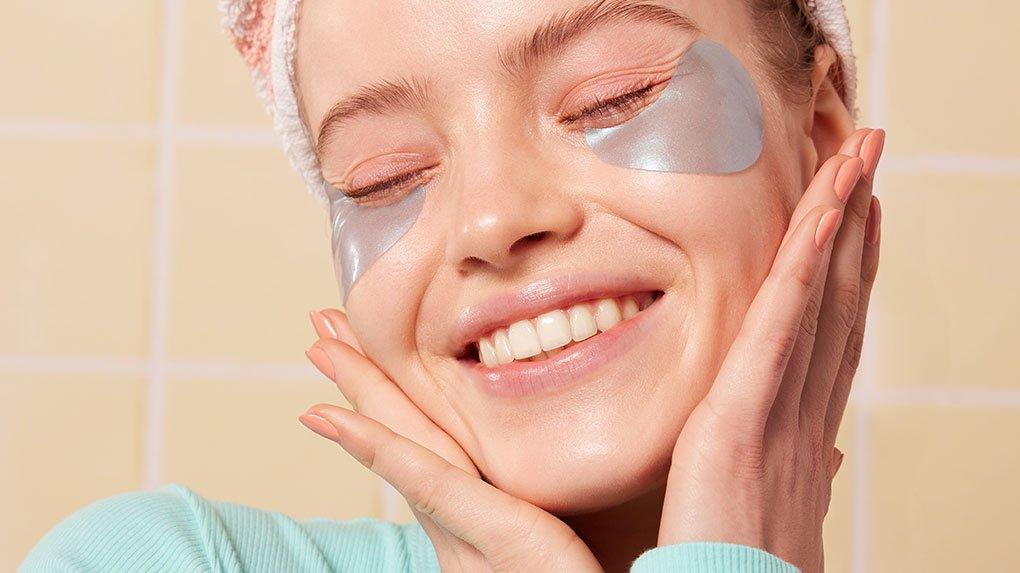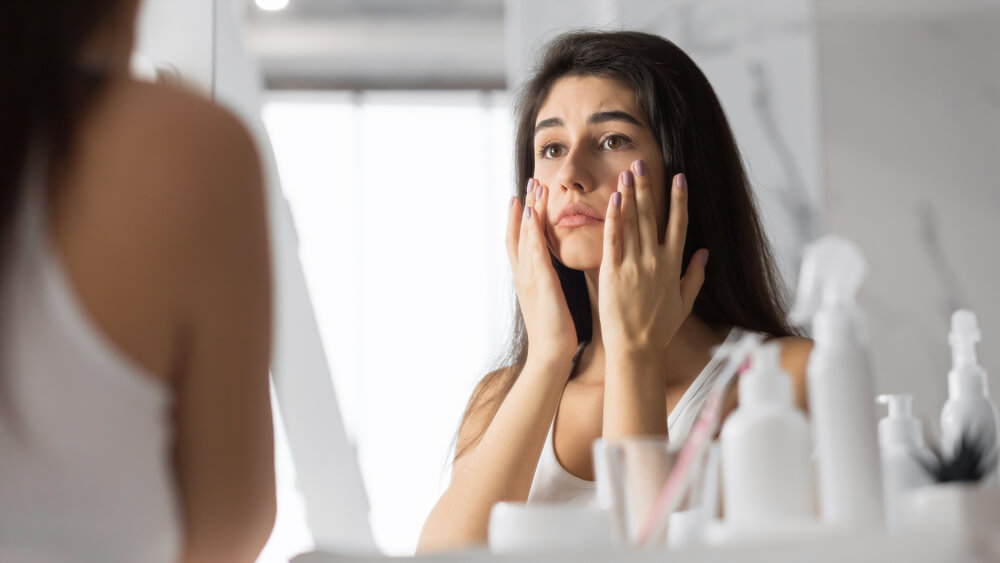Skincare for Dark Skin Tones: Essential Tips for Beauticians
As a beautician, you are likely aware of the diverse needs that different skin types require when it comes to skincare. One particular area that deserves attention is skincare for dark skin tones. Darker skin tones possess unique characteristics that can impact how they respond to various skincare treatments and products. In this article, we will delve into the essentials of skincare for dark skin tones and provide you with actionable insights to enhance your clients' skincare routines.
Dark skin contains more melanin, which can offer some natural protection against UV rays but also makes it more prone to hyperpigmentation. Understanding these nuances is crucial for any beautician aiming to provide exceptional care and advice to their clients with darker skin tones.

The Importance of Tailored Skincare Routines
Each skin tone has its own set of challenges and characteristics, and dark skin is no exception. The key to effective skincare for dark skin tones is creating a tailored routine that addresses these specific needs. This involves selecting the right products, implementing the correct techniques, and understanding the underlying factors that may affect skin health.
For instance, you might consider recommending products that help with hyperpigmentation, such as those containing ingredients like vitamin C, licorice extract, or niacinamide. It's also essential to stress the importance of sunscreen, as dark skin can still experience sun damage and the exacerbation of pigmentation issues.
Choosing the Right Products
When it comes to skincare for dark skin tones, choosing the right products can make a significant difference. It's essential to look for products that are hydrating and soothing, as darker skin can be prone to dryness and irritation. Products with natural oils like jojoba or argan oil can provide the necessary moisture without clogging pores.
Furthermore, exfoliation should be gentle to avoid causing micro-tears in the skin, which can lead to inflammation and hyperpigmentation. Opt for products with mild exfoliants, such as lactic acid or fruit enzymes, which are less likely to irritate the skin.
Understanding Common Skin Concerns
Dark skin can be susceptible to a range of concerns, including acne, hyperpigmentation, and uneven skin tone. As a beautician, it's crucial to recognize these issues and address them with targeted treatments.
Acne can often leave dark spots on the skin, known as post-inflammatory hyperpigmentation. To combat this, suggest products with ingredients like salicylic acid or benzoyl peroxide, which can help reduce breakouts and minimize the appearance of dark spots.
For more information on choosing the right facial cleanser, you might find this article on how to choose a facial cleanser helpful.
The Role of Diet and Lifestyle
While topical treatments are crucial, the role of diet and lifestyle should not be underestimated in skincare for dark skin tones. Encourage your clients to maintain a balanced diet rich in antioxidants, vitamins, and minerals to support skin health from the inside out. Drinking plenty of water and incorporating foods like leafy greens, berries, and nuts can promote a glowing complexion.
Additionally, educate your clients on the importance of managing stress and getting enough sleep, as these factors can significantly impact the skin's appearance.
Educating Clients on Skincare Techniques
As a beautician, part of your role is to educate your clients on proper skincare techniques. This includes teaching them the correct way to cleanse, tone, and moisturize their skin. Gentle cleansing, for instance, is essential to remove dirt and impurities without stripping the skin of its natural oils.
For more tips on building a skincare routine, the order of skin care can be a valuable resource.

FAQs
Q1: What are the best ingredients for dark skin?
A1: Ingredients like vitamin C, niacinamide, and hyaluronic acid work well for dark skin as they help with brightening and hydration.
Q2: Is sunscreen necessary for dark skin tones?
A2: Yes, sunscreen is essential for all skin tones to protect against UV damage and prevent hyperpigmentation.
Q3: Can dark skin be sensitive?
A3: Yes, dark skin can be sensitive, especially if it's dry. It's important to use gentle products to avoid irritation.
For more detailed insights into skincare routines and the benefits of specific products, you can visit this page.
This article contains affiliate links. We may earn a commission at no extra cost to you.

